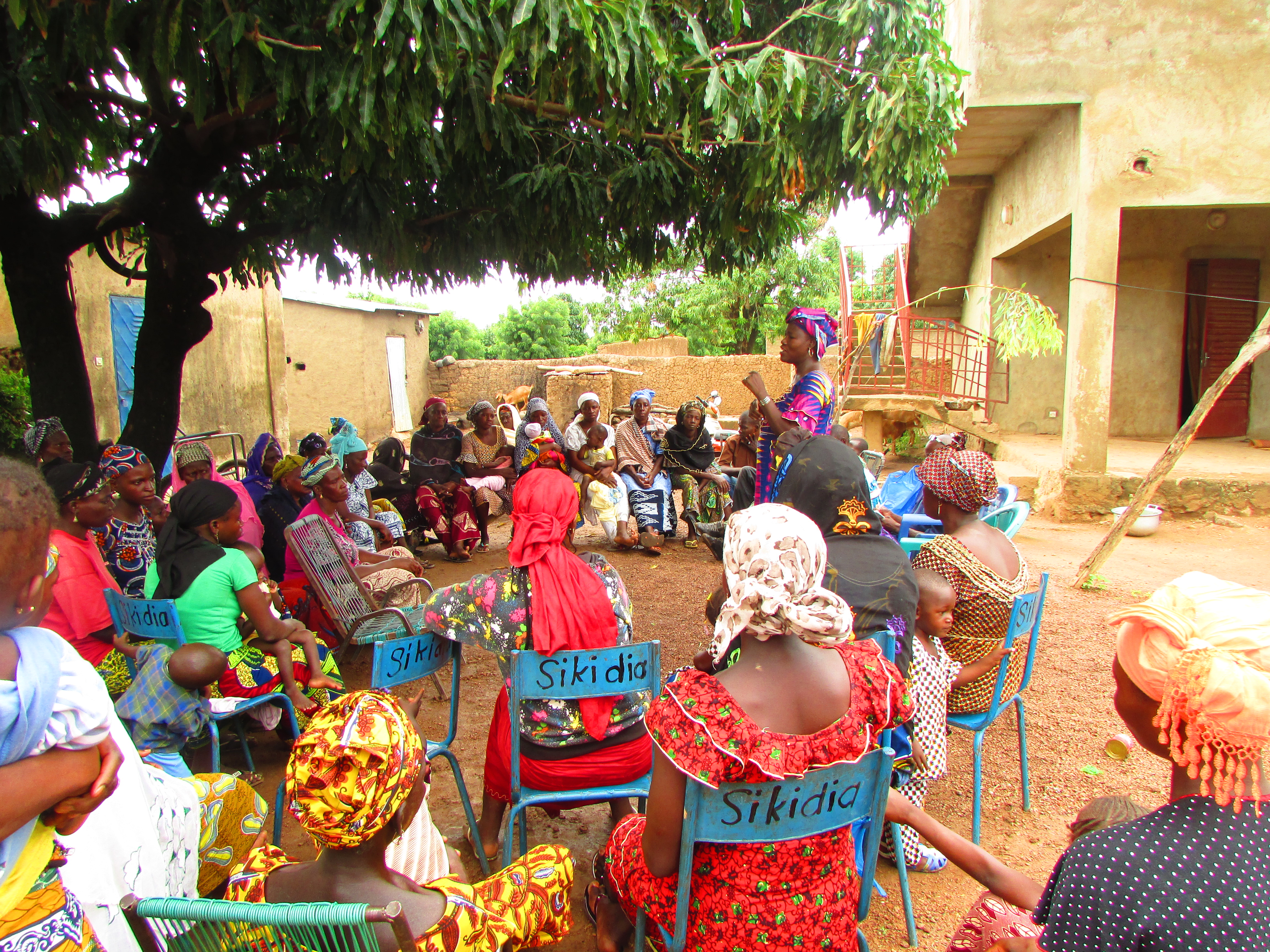
A majority of men and women in countries where female genital mutilation is common oppose the practice, according to new data from UNICEF.
FGM affects up to 200 million people worldwide, largely in the Middle East and sub-Saharan Africa. The process traditionally occurs when a woman is still a child—often before the age of seven. FGM procedures involve partial or total removal of the external female genitalia. Such procedures can lead to serious health risks such as hemorrhaging, infections, incontinence, cyst-growth and complications in childbirth.
Despite the practice's prevalence, new UNICEF research has demonstrated that, in countries with available data, 67 percent of girls and women and 63 percent of boys and men oppose the continued practice of FGM. This data also demonstrates that opposition to FGM bridges gender lines. In some countries, such as Guinea and Sierra Leone, researchers found that men were even more in favor of ending the practice than women, and significantly more likely to believe that FGM "has no benefit."
For the many activists and international actors who consider FGM a form of gender discrimination and violation of human rights, this new data has potentially powerful implications.
In the fall of 2015, Pulitzer Center grantee Kateri Donahoe traveled to Mali, where 91 percent of women between the ages of 15 and 49 have experienced FGM. According to Donahoe, Religion and inter-generational societal pressure are key drivers of the continued practice of FGM.
"The clitoris is considered to be extremely powerful, too powerful, in fact, to be allowed to remain on a woman's body… Removal of the clitoris and surrounding flesh is also believed to encourage faithfulness, cleanliness, and stability in marriage. Without removing these parts, many Malians believe that a woman will be promiscuous, dirty, and uncontrollable," she wrote.
In Mali, Donahoe interviewed Fanta Kanté, a 77 year-old member of the blacksmith caste who has been cutting girls and young women since she was 15. While Fanta expressed concern about the growing number of untrained and unhygienic practitioners, both she and her daughter M'Badialla emphasized the high cultural premium placed on excision.
"For us excision is a matter of tradition, and everyone cannot be a cutter because it is necessary to have gifts, secrets, and medications in order to practice excision," M'Badialla explained.
In traditional Malian society, women who are not cut face a societal stigma, which often stifles discourse about the practice and creates a sense of consensus not necessarily reflective of individual community members' beliefs.
Given the role society and tradition play in both perpetuating the practice of cutting and the silencing of those affected, these new statistics could point to an important shift in the ways communities conceptualize FGM. Many of the experts Donahoe interviewed emphasized that for FGM to be eliminated in Mali, the community must lead the charge.
"It has to be Malian to Malian, that has to be within the community, within the family, and beyond… ownership has to be with indigenous people, because if it's not owned, it won't keep. It's not going to be sustainable," said Gemma Locke, a researcher for 28 Too Many, an anti-FGM organization based in the UK told Donahoe.
The Sustainable Development Goals adopted by the UN General Assembly in September 2015 call for an end to FGM by 2030, and international groups such as the World Health Organization as well as many NGO's have been fighting to end the practice for decades. The last few years have witnessed great strides towards this goal. Some countries — including Gambia and Nigeria — have criminalized FGM, though the legal route alone does not alter the cultural norms that perpetuate the practice.
"Data can play an important role in exposing the true opinions of communities on female genital mutilation," stated Francesca Moneti, UNICEF Senior Child Protection Specialist in a press release. "When individuals become aware that others do not support the practice it becomes easier for them to stop FGM."







